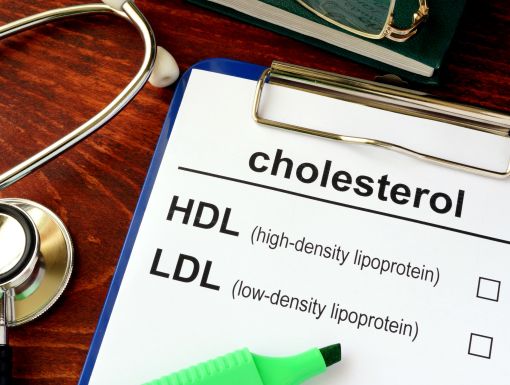
Is Daily Aspirin Still Safe for Me?
Aspirin is an over-the-counter medication that people use to treat muscle and joint pain, headaches, fever and inflammation. For years a daily dose of baby aspirin — an 81-mg low-dose of aspirin — was also considered an easy way to reduce the risk of heart attacks, stroke and other cardiovascular events in adults with low to moderate risk of heart disease. However, the medical recommendations and guidelines concerning aspirin have been updated and it’s important for patients to understand why.
Why Did the Guidelines Change?
Today, the American Heart Association and the American College of Cardiology are recommending against preventative daily aspirin use for low-risk, healthy people without prior history of heart or stroke disease. One of aspirin’s main side effects is that it reduces the blood’s ability to clot, which can decrease the risk of a blood clot forming and causing a stroke or a heart attack. But aspirin also increases the risk of internal bleeding, primary in the stomach but also more rarely in the brain.
Most heart attacks and strokes occur when the blood supply to a part of your heart muscle or brain is blocked by the buildup of fatty plaques. This process of plaque buildup is called atherosclerosis. Build-up of unsteady plaques can break off and form blood clots. These blood clots can completely stop blood flow and oxygen to parts of our body that need it most. If a blood clot blocks a blood vessel feeding the heart, it causes a heart attack. If a blood clot blocks a blood vessel feeding the brain, it causes a stroke.
Baby aspirin is well established and safe in preventing a second or recurrent heart attack or stroke. Aspirin thins the blood, which helps prevent blood clots from forming. The problem is that we can’t thin our blood only in our heart and brain. Taking aspirin thins our blood everywhere – including areas we don’t want it to – and can result in bleeding stomach ulcers and cuts from injuries or falls that can bleed excessively.
What Do Doctors Say Now?
New studies have revealed that the possible side effects of aspirin do not outweigh the cardiovascular benefits in low-risk, healthy people without prior history of heart or stroke disease. Now, the recommendation is that individuals without a prior history of heart issues should not take baby aspirin daily for prevention of atherosclerotic diseases such as heart attacks, strokes and peripheral arterial diseases.
Your physician is the most qualified resource in order to determine whether an aspirin therapy regimen will be helpful or hurtful to you. There are a number of additional factors or complications that can be amplified by taking aspirin regularly. These including whether you drink alcohol regularly, if you have an upcoming medical or dental procedure, and if you are over the age of 70. If you have specific questions about potential interactions between aspirin and your health, you should speak with a physician.
I’ve Had A Heart Attack – Do These Recommendations Still Apply to Me?
If you have a history of heart disease and/or have already suffered a heart attack, these recommendations do not apply to you. The revised guidelines exclude people who are considered high risk or have already had a stroke, heart stents or heart attacks. Patients with previous cardiovascular disease should continue to take baby aspirin daily, or as it was recommended by their health care provider.
What Should I Do If I Currently Take Low Dose Aspirin Daily?
It is important to talk to your doctor or a cardiologist about these new guidelines or any new changes in medication you want to make. And remember aspirin is just one way your doctor may recommend you keep your heart healthy. You can also:
- Have a healthy diet
- Exercise on a regular basis
- Avoid smoking (or stop smoking)
- Maintain good blood pressure
- Keep your cholesterol levels in check
How Healthy Is Your Heart? Learn more at Ochsner.org/HeartMonth



